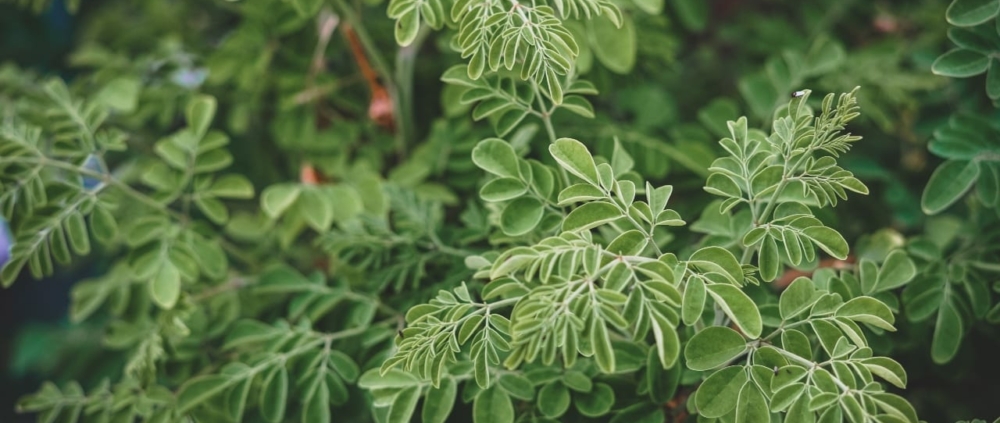Is There Any Sunna Significance in The Usage of Herbs and Roots for Protection?
Answered by Mawlana Ilyas Patel
Question
In West African countries, some Muslims, not to mention most of them, use trees, herbs, and roots to wash for protection and maybe for some other reasons, and so I wanted to know if that is something a Muslim should do. Is it sunna?
Answer
In the Name of Allah, the Most Merciful and Compassionate.
I pray you are in good faith and health. Thank you for your question.
There is no basis that certain roots and herbs have an effect of protection. However, as you mentioned, they have healing properties and benefits when consumed, inhaled, etc., which Allah (Most High) has bestowed where it grows for its people.
Every culture and country has some form of herbs and roots used, same in the West of Africa. Allah has created certain herbs, roots, and plants invariably in different parts of the world and not in others, and he has placed remedies and cures in them for that region and people.
Siwak/Miswak
Siwak is a root that the Prophet (Allah bless him and give him peace) highly emphasized. This should be part of every Muslim’s oral hygiene, which has numerous other spiritual benefits.
Ibn ‘Umar (Allah be pleased with him) reported that the Prophet (Allah bless him and give him peace) said, “You must use the toothstick, as it is pleasant for the mouth and pleasing to the Lord.” [Ahmad]
I would like you to go through the valuable answers and links below. You will receive guidance and direction, in sha’ Allah.
Related: Forgotten Sunnas: The Siwak
Why not begin your search for knowledge by signing up for a course on SeekersGuidance?
I pray this helps with your question.
Wassalam,
[Mawlana] Ilyas Patel
Checked and Approved by Shaykh Faraz Rabbani
Mawlana Ilyas Patel has received traditional education in various countries. He started his schooling in the UK and completed his hifz of the Quran in India. After that, he joined an Islamic seminary in the UK, where he studied secular and Aalimiyya sciences. Later, he traveled to Karachi, Pakistan, and other Middle Eastern countries to further his education. Mawlana has served as an Imam in the Republic of Ireland for several years and taught the Quran and other Islamic sciences to both children and adults. He also worked as a teacher and librarian at a local Islamic seminary in the UK for 12 years. Presently, he lives in the UK with his wife and is interested in books and gardening.
